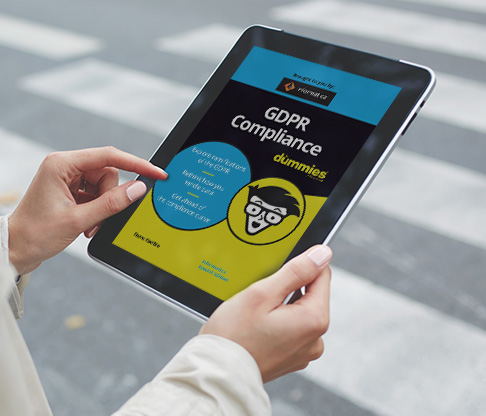
Is GDPR a business value creation opportunity? Yes!
The GDPR mandates personal data protection and transparency, affecting businesses that acquire, store, or process data in the EU and EEA—plus outside transfer. However, it is an opportunity for intelligent, automated, governance to enable safer data exposure.
THE INFORMATICA GDPR SOLUTION
GDPR action plan: Partner with Informatica
Our Data Privacy Governance solution for GDPR helps you engage with business, IT, and data security to govern all types of personal data for compliance.




CUSTOMER SUCCESS
Scale to meet GDPR,
CCPA, and beyond

Goal
Making data safe to use by realtors and protecting consumers improves brand loyalty and reputation.
Solution
Learn how Realogy balances business risks and needs to democratize data, and comply with mandates.
Results
Unleashing value in data while governing privacy accelerates new business opportunities.

GDPR Compliance for Dummies
Get an in-depth look at strategies for getting ahead of the compliance curve, plus
Analyst Reports, eBooks, and More
Resources for managing
GDPR compliance
RELATED PRODUCTS & SOLUTIONS
Intelligent solutions for managing compliance
Assess, monitor, and maintain your level of compliance with our end-to-end approach to data privacy governance.
Data Quality & Observability
Are you ready to accelerate compliance using trusted data?





